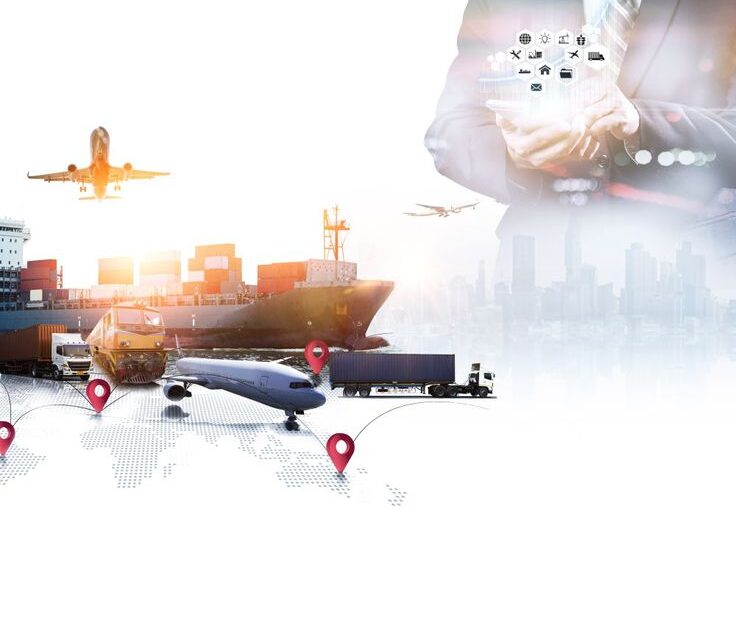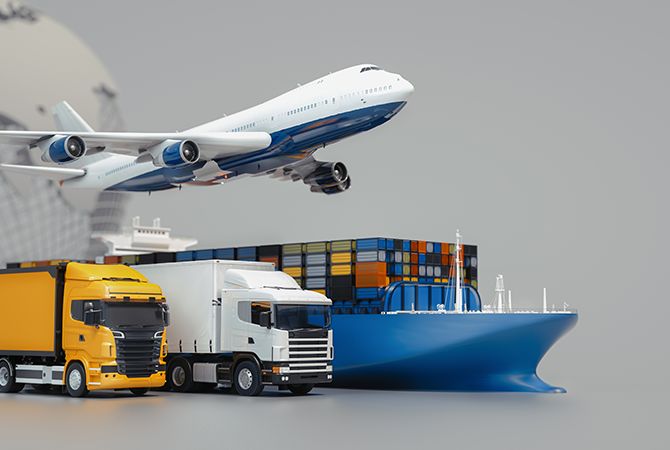
Shipping goods across countries used to be complicated and slow. Business owners would send containers overseas and then wait nervously, hoping everything arrived on time. They had no way to check where their cargo was.
Technology changed all of that. Modern freight forwarding now uses digital tools to track shipments, handle documents, and fix problems quickly. The entire process runs smoother and faster than ever before.

Tracking Cargo in Real Time
The biggest improvement in freight forwarding services is the ability to see where your shipment is right now. GPS systems and tracking software show you exactly where your container or package is traveling.
This helps businesses plan better. When you know your cargo is delayed at a port, you can tell your customers and make backup plans. Before tracking technology, companies just waited and hoped for the best.
Digital Papers Replace Physical Documents
Paper documents create headaches. They get lost in the mail, damaged by water, or stuck somewhere in an office. One missing paper can stop an entire shipment for days while everyone searches for it.
International freight forwarders now use electronic documents for almost everything. Bills of lading, customs forms, and shipping certificates all exist as digital files. Everyone who needs them can access them instantly from their computer.
Computers Catch Mistakes Automatically
People make errors, especially when handling hundreds of shipments every day. Someone might type the wrong address, enter an incorrect weight, or forget important information.
Automated systems check the data and catch these mistakes before they cause problems. Modern freight forwarding software reviews every detail. If something looks wrong, the computer alerts the team immediately so they can fix it.
This really matters for air freight services in Dubai, where speed is everything. Express shipments can’t wait while someone finds and fixes a simple typing error. Automation keeps cargo moving without delays.
Everyone Stays Connected
Shipping cargo involves many different people: the sender, the carrier, customs officials, warehouse workers, and the receiver. Getting everyone to communicate used to require dozens of phone calls and emails every day.
Cloud platforms now connect all these people in one system. When customs clears a shipment, the warehouse team sees it right away. When a plane lands, ground crews know exactly what cargo to unload and where to send it.
This connected communication makes international air freight services work efficiently. Nobody wastes time wondering what’s happening because everyone sees the same updated information at the same time.
Smart Software Predicts Problems
Technology doesn’t just show what’s happening now. It also helps predict future issues. Advanced systems study shipping patterns to spot potential delays before they happen.
For example, if a certain route always has customs delays in December, the software suggests shipping earlier or choosing a different route. This planning helps businesses avoid problems instead of scrambling to fix them.
Freight forwarding in the UAE benefits from this because Dubai handles enormous amounts of cargo daily. Smart planning based on data keeps goods flowing smoothly even during busy seasons.
The Bottom Line
Modern freight forwarding relies on technology at every step. From the moment cargo gets picked up to final delivery, digital tools track it, manage paperwork, and solve problems quickly. This technology benefits everyone. Businesses save money and time. Customers get their goods faster. Fewer mistakes happen, and when problems do occur, people fix them quickly because they have better information.



